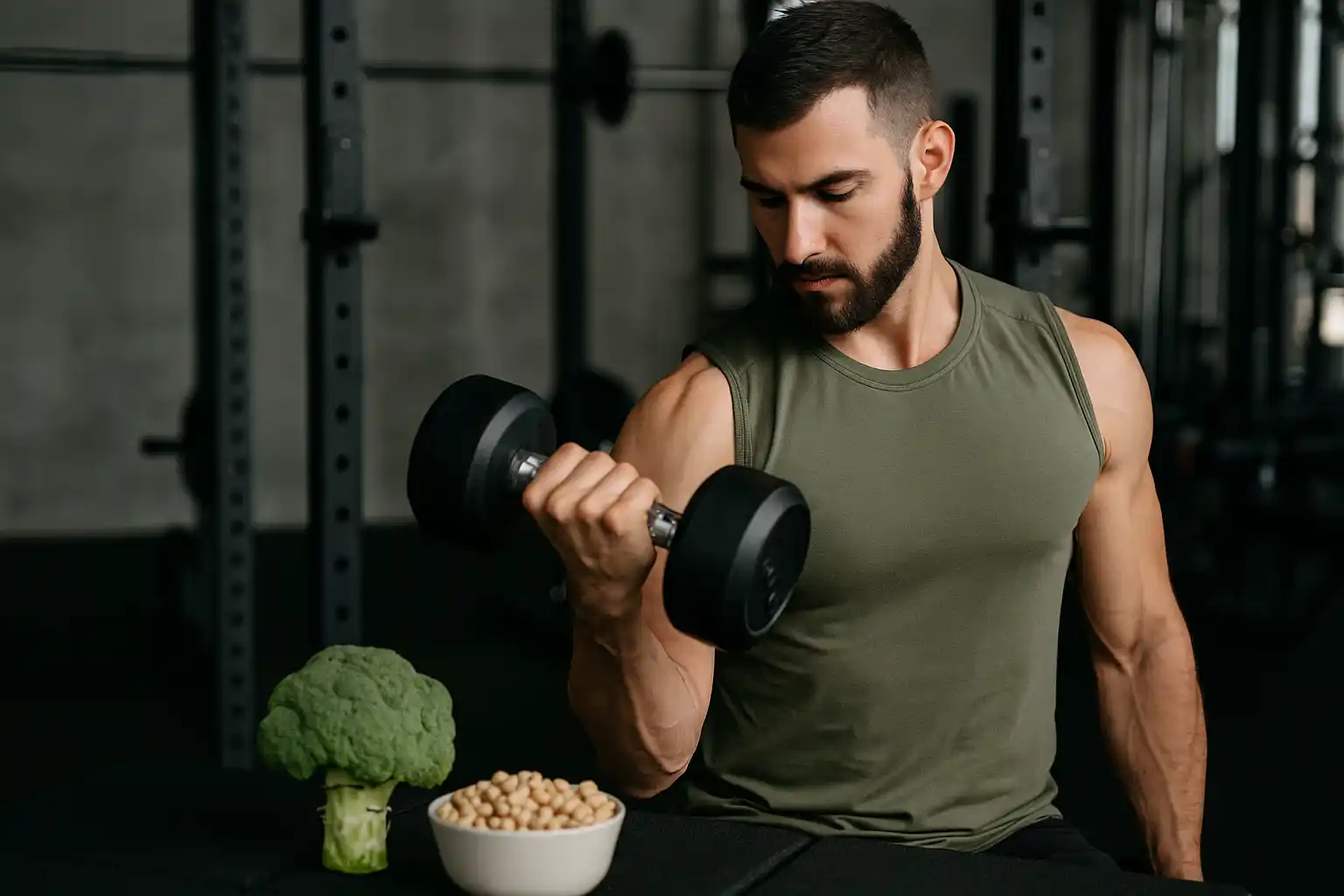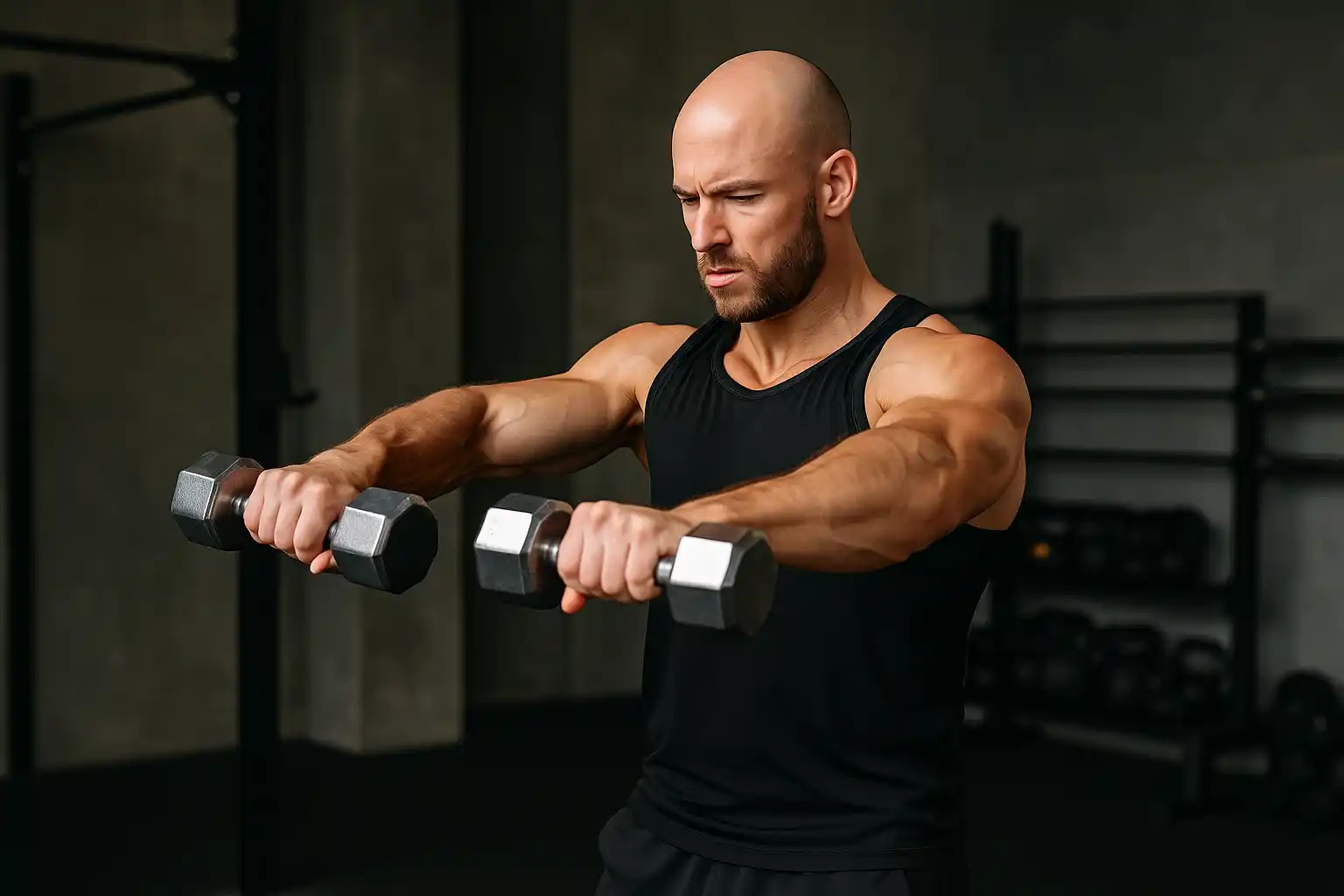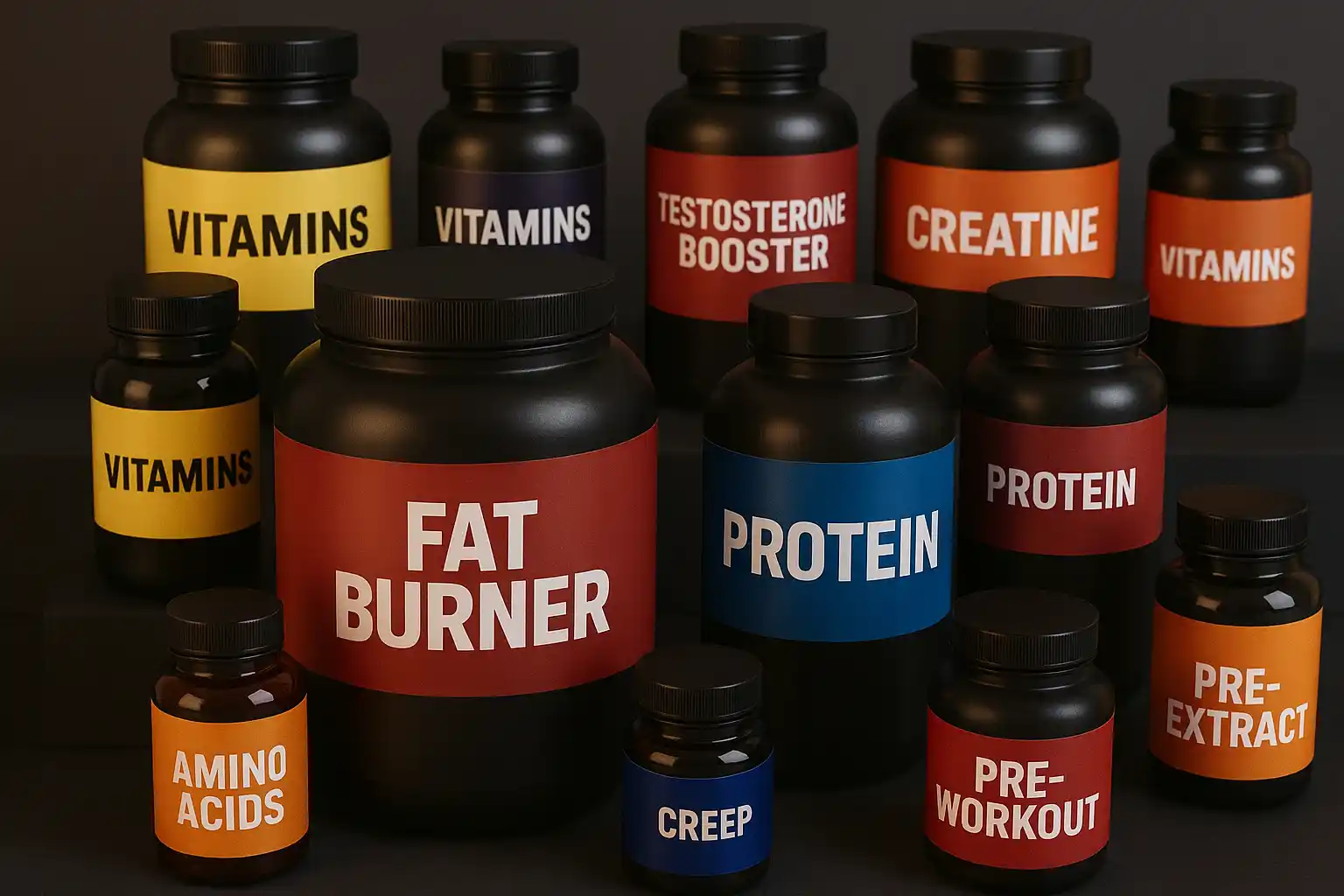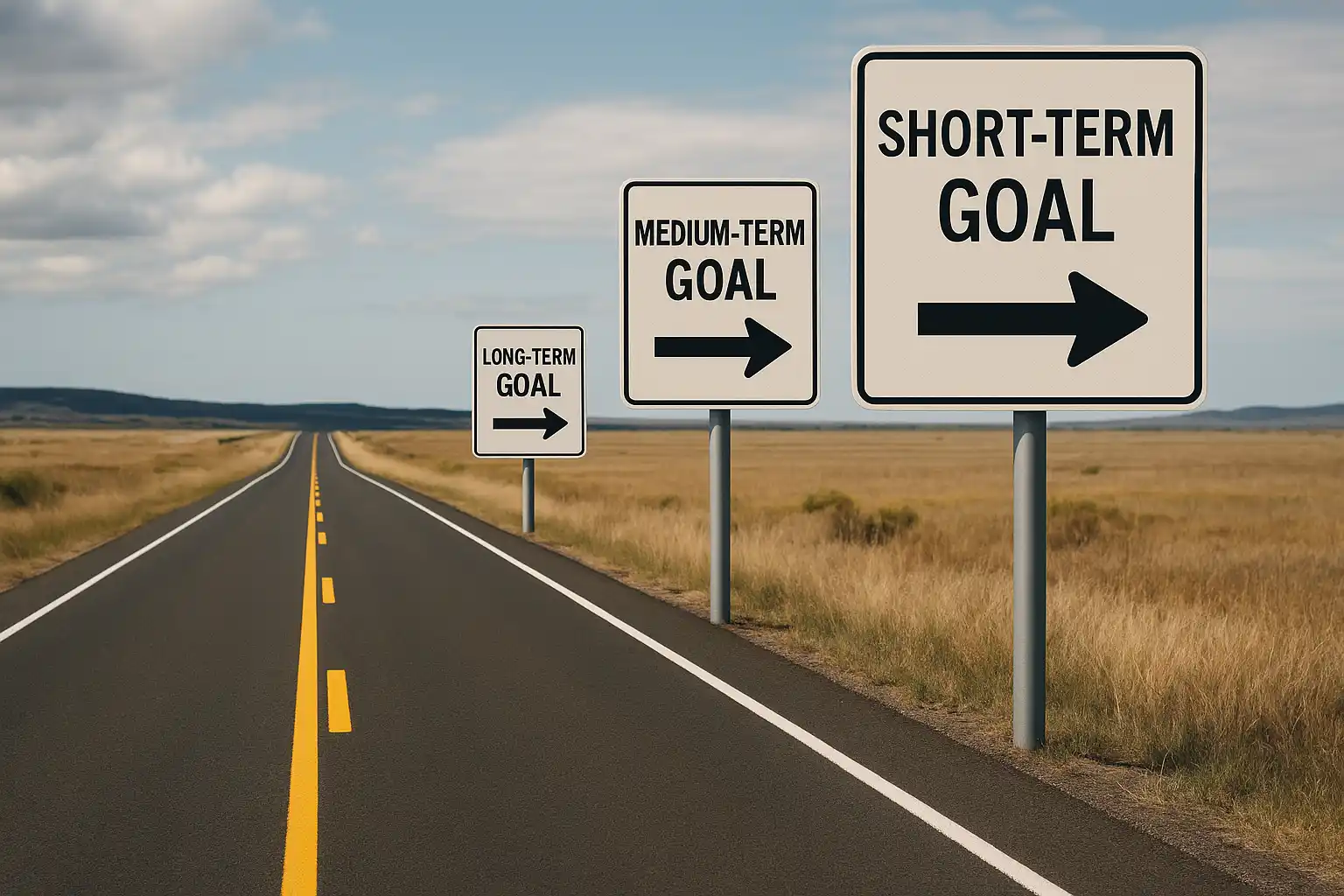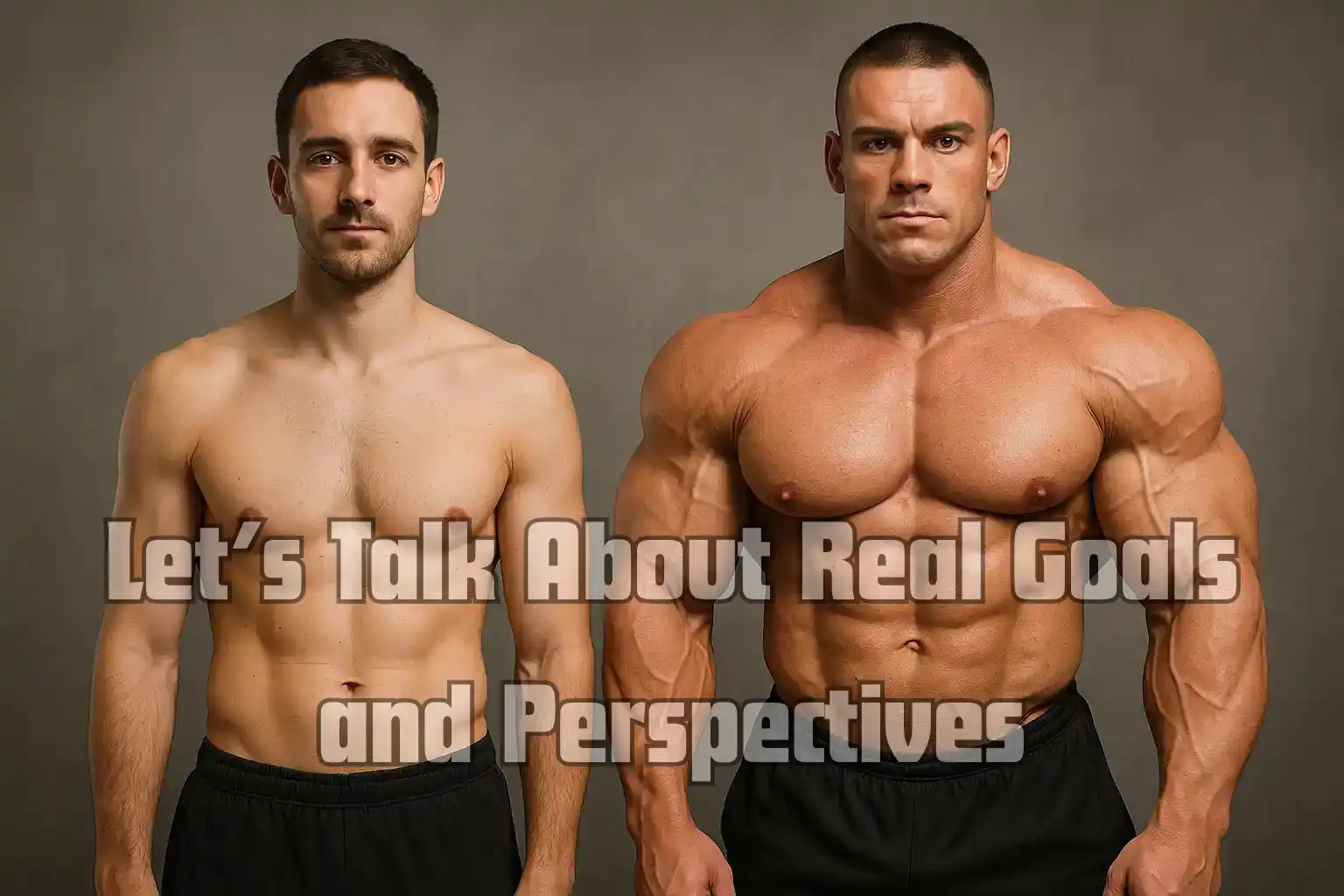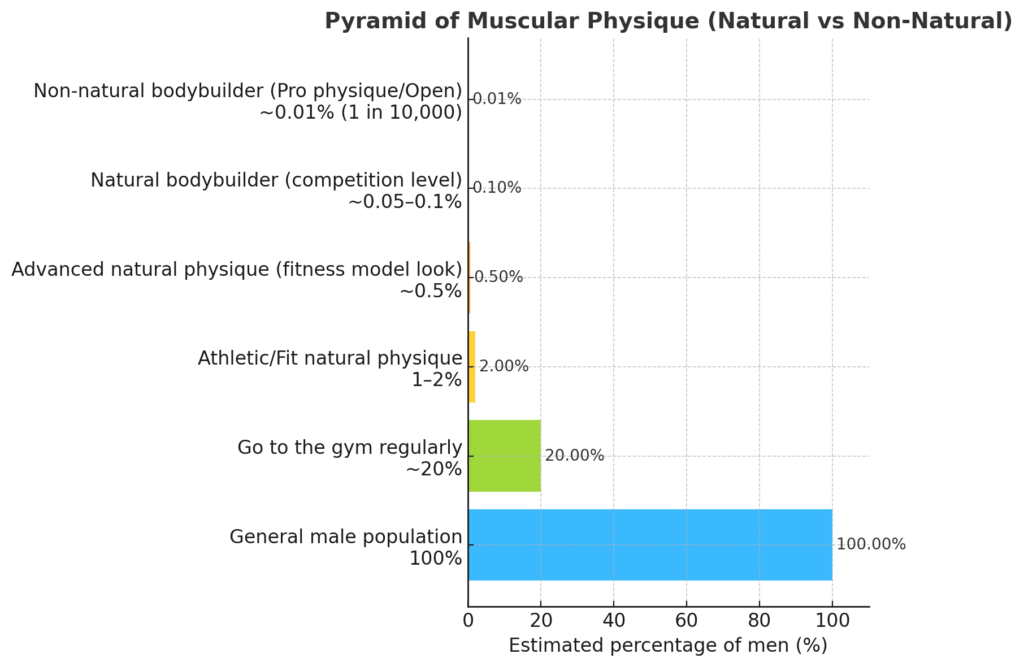🌱 Plant-Based Bodybuilding: Fact vs Fiction
For decades, bodybuilding diets have been built on chicken, eggs, and whey protein. But in recent years, the rise of plant-based bodybuilding has challenged the old-school belief that meat is the only way to build muscle.
From pea protein powders to lentil-packed meal plans, more lifters are experimenting with vegan and vegetarian diets while still chasing gains. But does it really work—or is it just hype? Let’s separate the facts from fiction.
🔬 The Science of Plant-Based Protein
One of the biggest debates in bodybuilding is whether plant-based protein can stack up against animal sources.
- Research shows that plant proteins can support muscle growth, but some sources are lower in essential amino acids (especially leucine) compared to whey or meat (PubMed).
- A 2019 paper in the Journal of the International Society of Sports Nutrition reports that soy can be as effective as whey when total daily protein is adequate (JISSN).
- Newer options like pea, hemp, and rice blends are designed to improve the amino acid profile.
👉 Internal link idea: Beginner’s Guide to Supplements (update URL to your post).
🌾 Common Plant-Based Protein Sources
- Legumes: Lentils, chickpeas, black beans.
- Grains: Quinoa, oats, brown rice.
- Soy products: Tofu, tempeh, edamame.
- Seeds & Nuts: Chia, hemp, almonds, peanut butter.
- Powders: Pea, soy, and rice protein blends.
Pro tip: Combine grains + legumes (e.g., rice & beans) for a more complete amino acid profile.
🏋️ Myth #1: You Can’t Build Muscle Without Meat
Fiction. You can absolutely build muscle on a plant-based diet—as long as you hit your daily protein targets.
- A practical range for lifters is 1.6–2.2 g protein per kg bodyweight per day.
- Smart planning with tofu, tempeh, lentils, seitan, and a couple of shakes gets most people there.
🥬 Myth #2: Plant-Based Diets Don’t Provide Enough Nutrients
Partly true. Some nutrients are harder to get from plants alone, but it’s manageable with supplements and smart choices.
- Vitamin B12: Use fortified foods or supplement.
- Omega-3 fatty acids: Algae oil, flax, or chia.
- Iron & Zinc: Beans, lentils, seeds (note: lower absorption than meat).
- Creatine: Often supplemented by vegan athletes for performance (Examine.com on creatine).
👉 Internal link idea: read our Creatine Guide.
💪 Real-World Examples
Plant-based bodybuilding isn’t just theory. Notable athletes have succeeded on vegan or vegetarian diets (e.g., Nimai Delgado, Patrik Baboumian, Barny du Plessis). The takeaway: diet and training precision matter most.
🧪 Pros & Cons of Plant-Based Bodybuilding
Pros
- Anti-inflammatory foods may support Recovery and wellbeing.
- High fiber supports gut health.
- Ethical and environmental benefits.
- Can improve cardiometabolic markers.
Cons
- More meal prep and planning.
- Key supplements often required (B12, creatine, omega-3).
- Lower protein density → larger portions to hit targets.
🍽️ Sample Plant-Based Bodybuilding Meal Plan
Example day (~2,800 kcal bulking) targeting ~160–180 g protein:
- Breakfast: Oats with soy milk, chia seeds, peanut butter.
- Snack: Pea/rice protein shake + banana.
- Lunch: Quinoa, black beans, roasted veggies, avocado.
- Snack: Hummus, whole‑grain pita, almonds.
- Dinner: Tofu stir-fry with brown rice and broccoli.
- Post-Workout: Soy protein shake with berries.
🚀 Practical Tips for Going Plant-Based
- Track macros initially to ensure protein targets are met.
- Use high-quality vegan protein powders to fill gaps.
- Supplement wisely: B12, creatine, omega-3, vitamin D.
- Plan meals in advance—plant-based bulking needs strategy.
- Prioritize progressive overload and sound programming.
Conclusion
Plant-based bodybuilding is no longer a fringe idea—it’s a growing trend backed by science and real-world success stories. With the right planning, supplementation, and training, you can build serious muscle without ever touching meat.
So is plant-based bodybuilding fact or fiction? It’s fact—if you commit to doing it right.
Join the conversation: Have you tried vegan or vegetarian lifting? Share what worked (or didn’t) in the comments.
Read our latest post:
External references: PubMed, Journal of the ISSN, Examine.com
